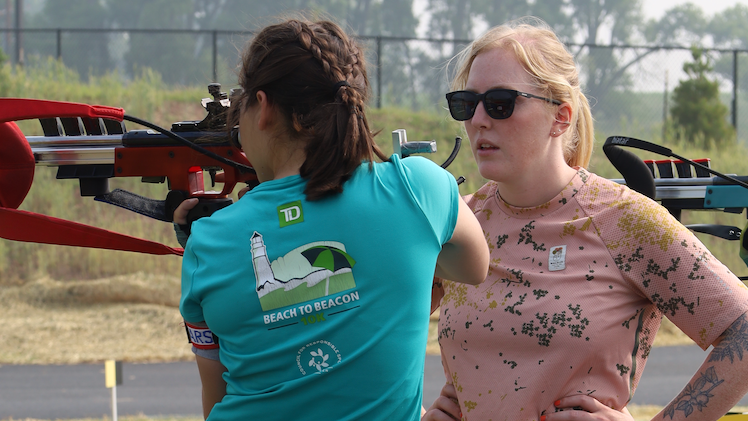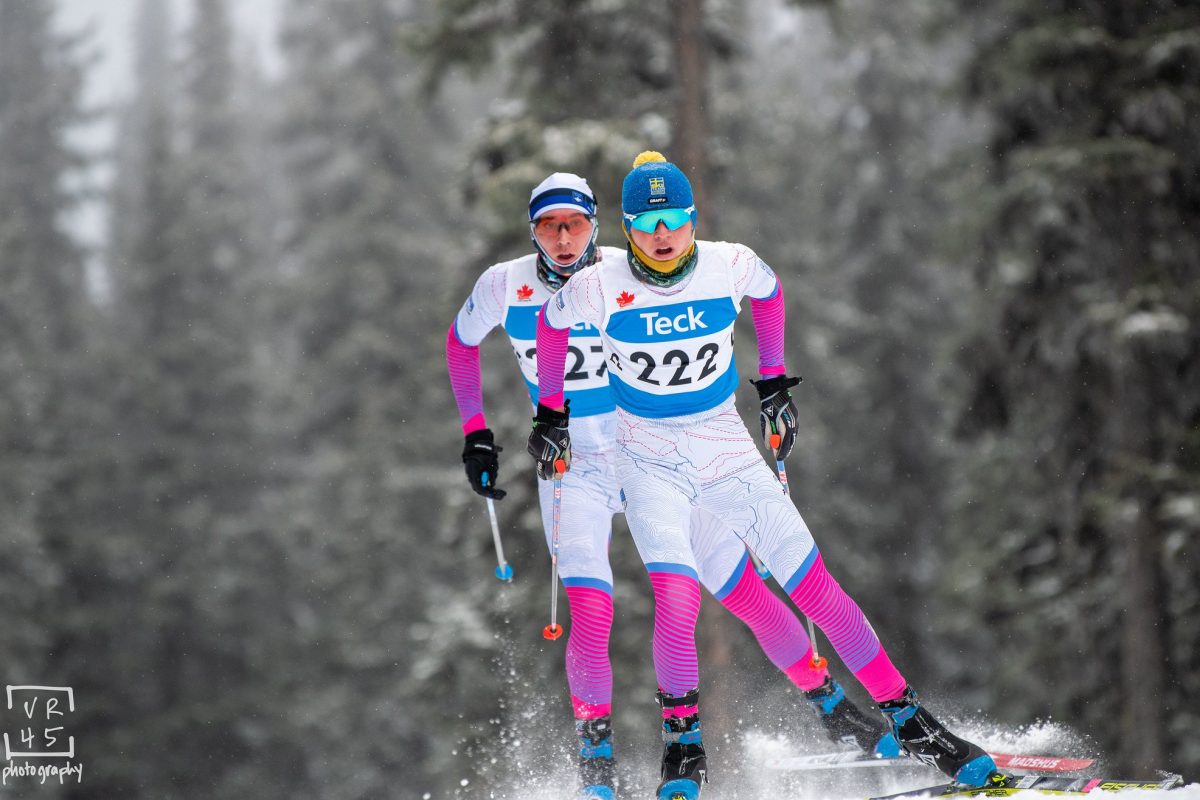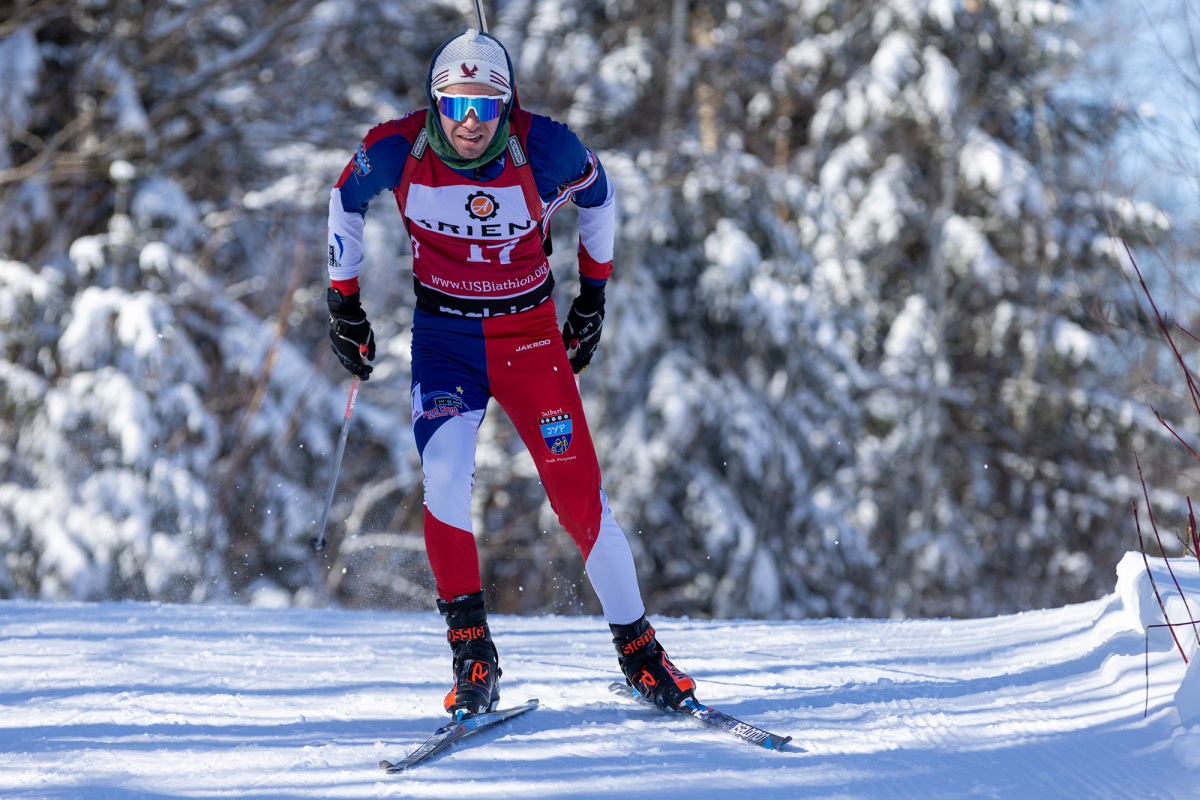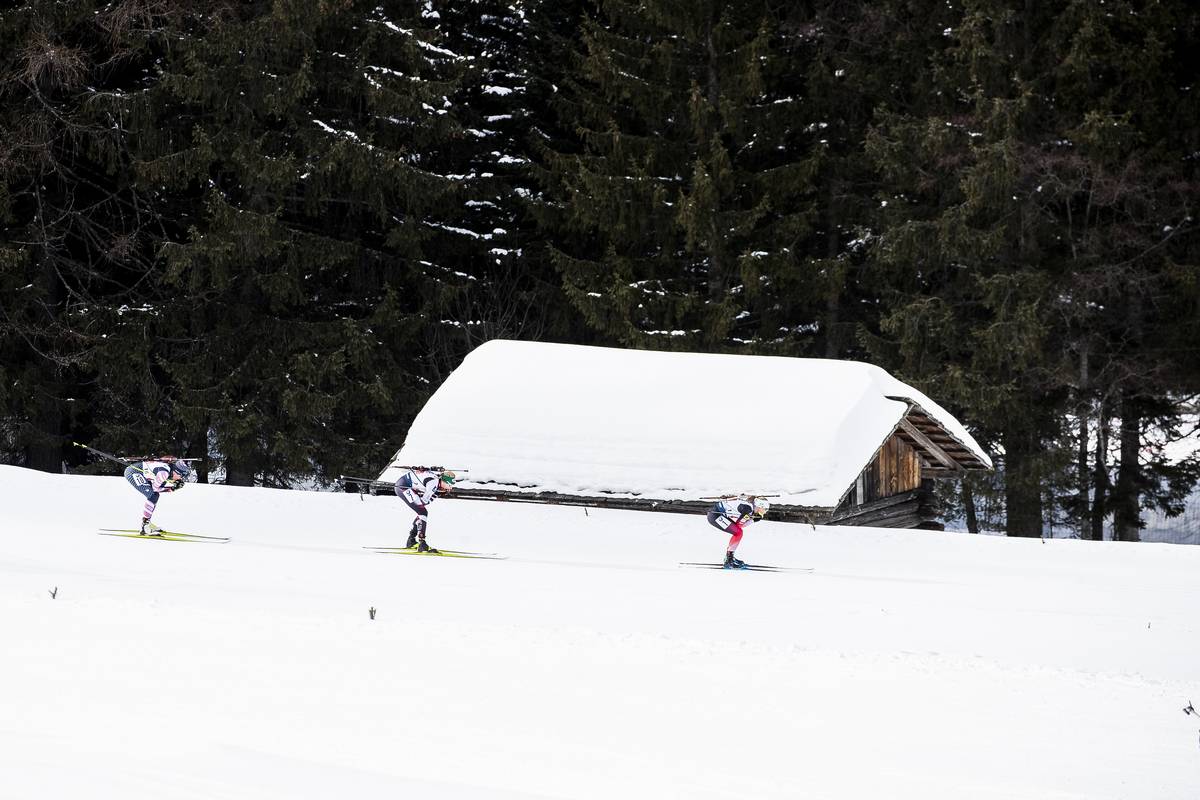
As coronavirus cases spike worldwide, biathletes are preparing for a modified start to the 2020-2021 World Cup season. The schedule emphasizes less travel than would be the norm on the IBU World Cup circuit. At the end of September, the International Biathlon Union (IBU) announced that the first four races of the winter would be held at two venues. Kontiolahti, Finland, will host the first two events on consecutive weekends, starting 27 November. Hochfilzen, Austria will have two race meets on succeeding weekends, starting 7 December.
In normal times, the schedule would have migrated to three different race sites over the same period of time. Last season, the IBU World Cup held events in Östersund, Sweden, Hochfilzen, Austria, and Annecy-Le Grand Bornard, France during the first trimester.
To continue limiting travel this year, the IBU subsequently revised their schedule to hold events on consecutive weekends at Oberhof in Germany, followed by the regularly scheduled event in Antholz-Anterselva, Italy. The Biathlon World Championships will continue to be held from 9 to 21 February in Pokljuka, Slovenia. The IBU will announce any changes to the third-trimester schedule by the end of November.
When the IBU first announced scheduling modifications in September, it disclosed that the second-tier IBU Cup races, which were to begin in November, were postponed until January. The IBU Junior Cup and Junior Open European Championships were cancelled outright.
We know about the ever-changing nature of Covid-19 trends. For now, Finland is seeing 274.8 covid-19 cases per 100,000 persons, Austria is tallying 990.5 cases per 100,000. Germany, where the IBU World Cup features from 4 January to 17 January, is reporting 559 cases per 100,000; Italy is reporting 935 cases per 100,000 persons. Both France and Germany have reinstituted lockdown measures to slow the spread of disease.
Data aggregated by U.S. states are easier to find than cases per capita for the U.S. as a whole. As an example, New Jersey, where this reporter lives, has 2604 cases per 100,000 persons. This provides some context to how some European governments are mitigated community spread. It also remains uncertain how lockdowns in places where IBU World Cups are scheduled would impact those events.
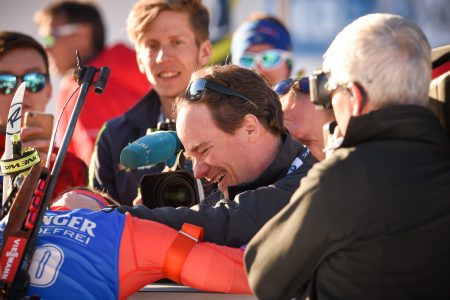
Speaking to FasterSkier earlier in October, Max Cobb, President and CEO of US Biathlon and Executive Board Member of the IBU, reflected on steps the IBU is taking to hold races this winter.
Cobb prefaced the conversation by stating that he was part of the working group that developed the changes. “I’m really satisfied with them,” said Cobb. “It was a sensible decision to make sure we’ve got our procedures down in the first race series before we try and implement it in more than one series at a time. I think it also gives every national federation the opportunity to have their athletes racing closer to home.”
Cobb stressed the IBU’s commitment to a safe racing environment. “If we’re uncomfortable with [covid infection levels], and if our medical advisory group is uncomfortable, then we’ll definitely change plans and cancel if need be.” He added that the IBU has asked their other calendared venues to be prepared in case events need to be relocated.
“Our hope is to be able to, as some other sports have done already, provide an environment in which we’re confident the risk of transmission is very low,” Cobb said. “That testing is robust, and athletes will have a chance to compete. [We are ] really sensitive to regional outbreaks, and obviously we’ll comply 100% with any local requirements.”
In a follow-up email, Cobb detailed the regimen the U.S. team would follow. Team members and staff will be tested for coronavirus before traveling to Europe, and then again 72 hours after arriving in Europe. During the race season, they’ll be tested at least twice per week.
Cobb estimated the cost of coronavirus testing to be approximately $30,000. Some of the testing costs for athletes, however, would be covered by the US Olympic & Paralympic Committee (USOPC) elite athletes’ health insurance.
It’s not just testing though: “Testing is one part of the budget impact but there are a lot more mitigation efforts,” Cobb wrote. “More single rooms, extra rooms, more transportation capacity to allow for distancing, it all adds up to more than $100,000 for the season.”
In an email, biathlon veteran Clare Egan responded to questions about the revised schedule. North American teams are used to long and taxing stints away from home when based in Europe.
“The obvious benefits of reduced travel are reduced fatigue and lower risk of exposure to COVID and other illnesses,” she wrote when asked if less travel would be an advantage for the U.S. squad. “These are the same advantages for everyone. I don’t think it offers me or my team any unique advantages over other teams. Perhaps the Finns and Austrians will feel an advantage being 2 weeks at home.”
Of travel arrangements, Egan wrote, “We will all travel on a charter flight from one venue to the next in order to reduce our exposure even further.”
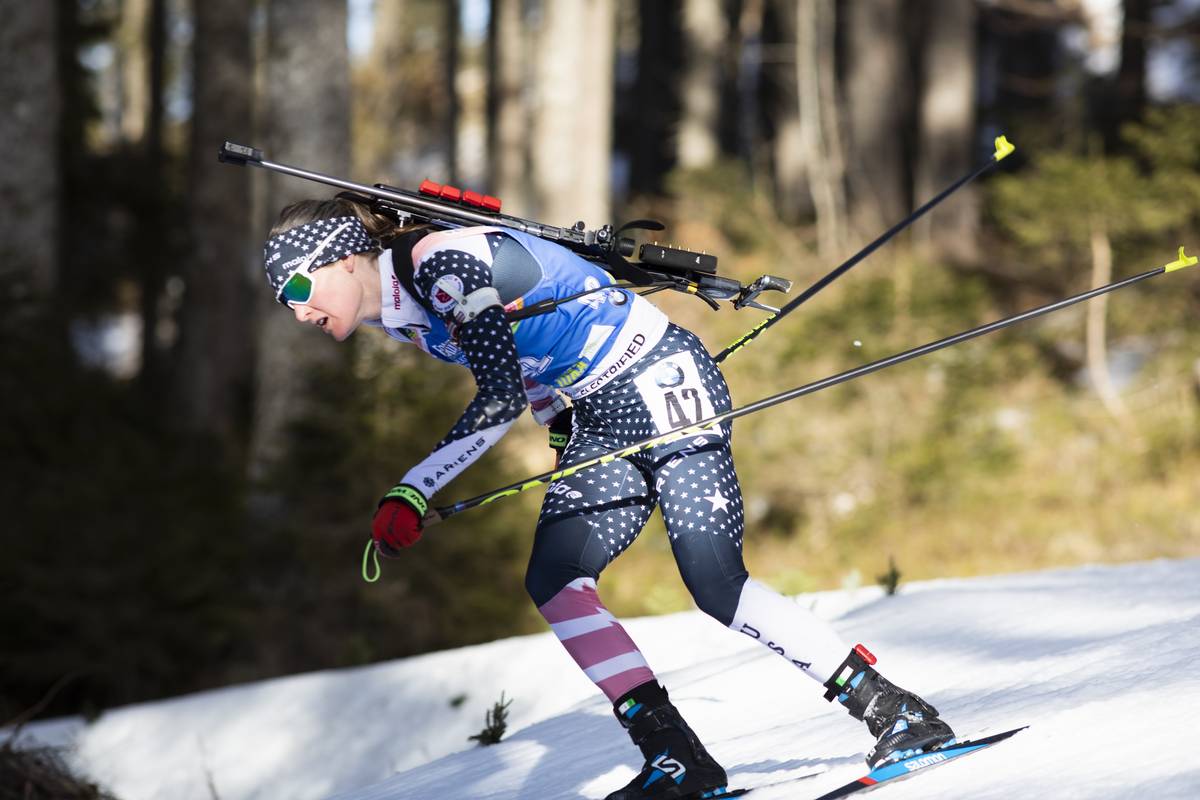
Egan is prepared for the challenges this season presents. “I feel comfortable traveling,” she said. “In the past few weeks, Europe’s cases have been double those in the U.S. But the worst outbreaks are in places where I will not be traveling. I understand the risks and also the easy ways I can lower my risk of exposure: wearing a mask, social distancing and washing my hands. Elite winter sport athletes like me have been doing this for years so I don’t think my behavior this winter will be that different from the past! I’ve been wearing a mask on planes for a decade.”
Cobb stressed the interdependence of athletes, support staff, and race organizations to ensure the season’s success. “The behavior of everyone matters for the success of the season,” he said. “I think that’s a really interesting sociological state to be in. I’m very optimistic that the athletes and everyone on the teams will behave in a way that lets us have a season. But it will be demanding to do that.”
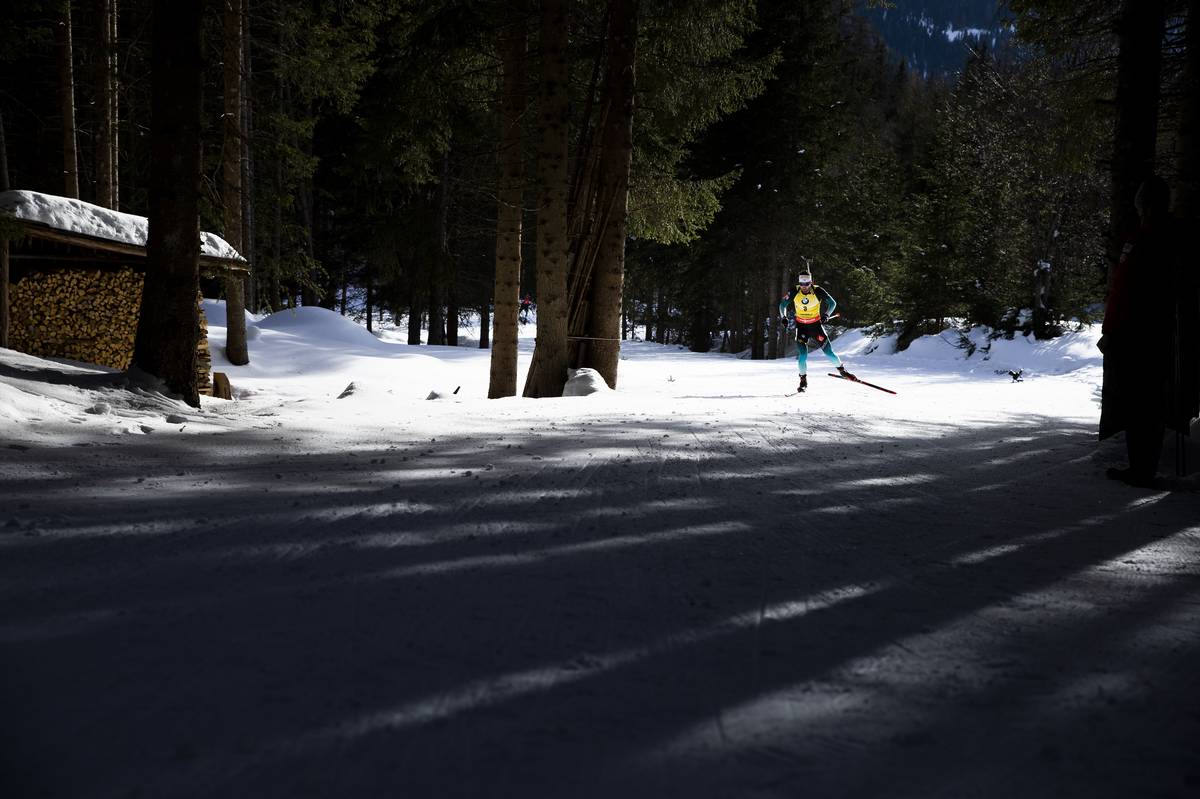
Peter Minde
Peter Minde is a FasterSkier contributor and personal trainer specializing in functional strength and corrective exercise. Whether skiing, trail running, or cycling, he’s always looking to see what’s at the top of the next hill. From the wilds of north N.J., he skis for Peru Nordic. On Twitter @PeteMinde or at www.oxygenfedsport.com.

